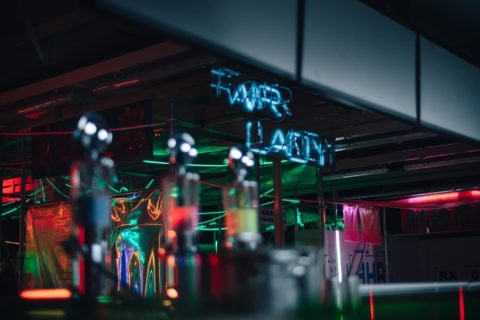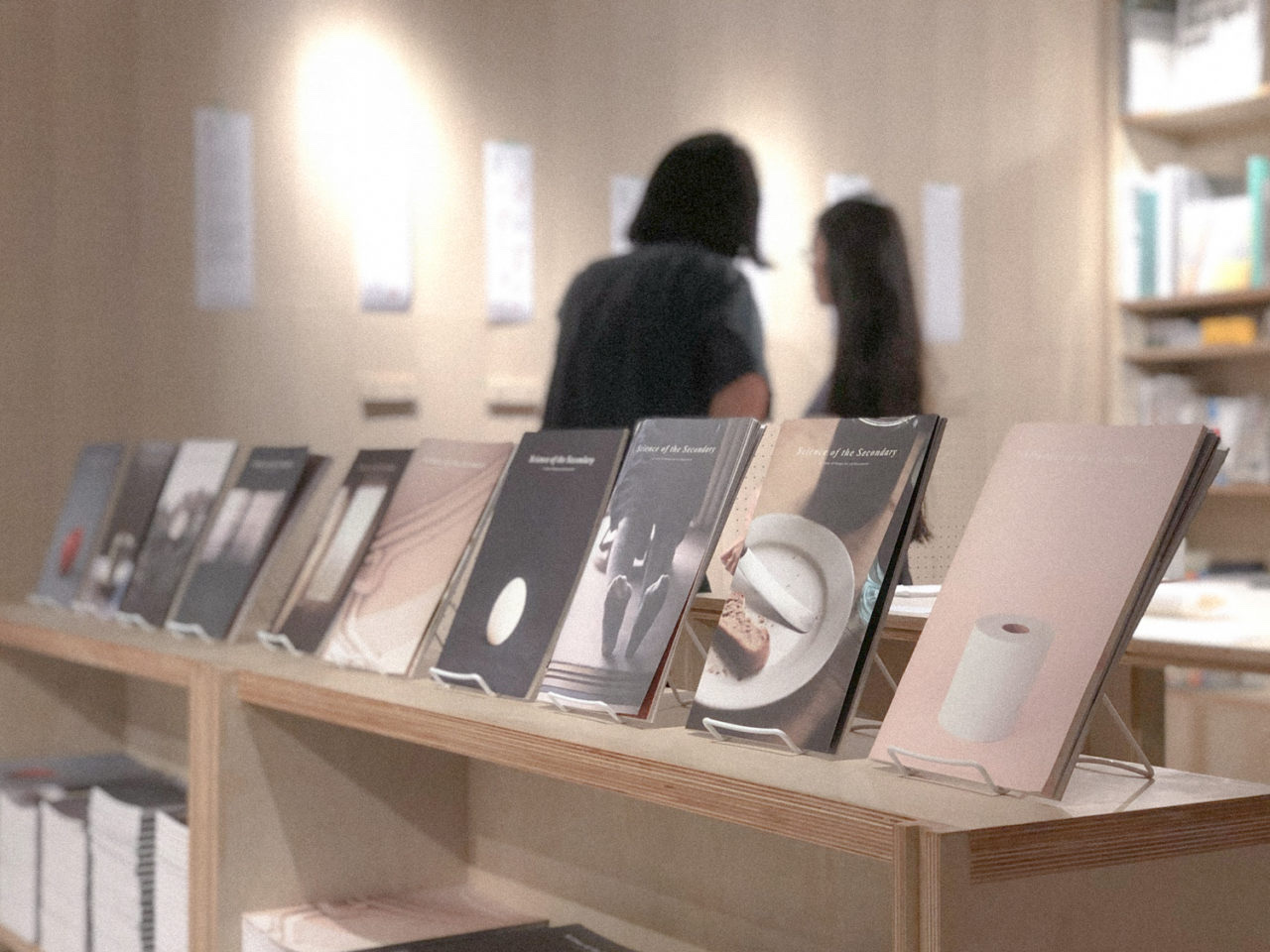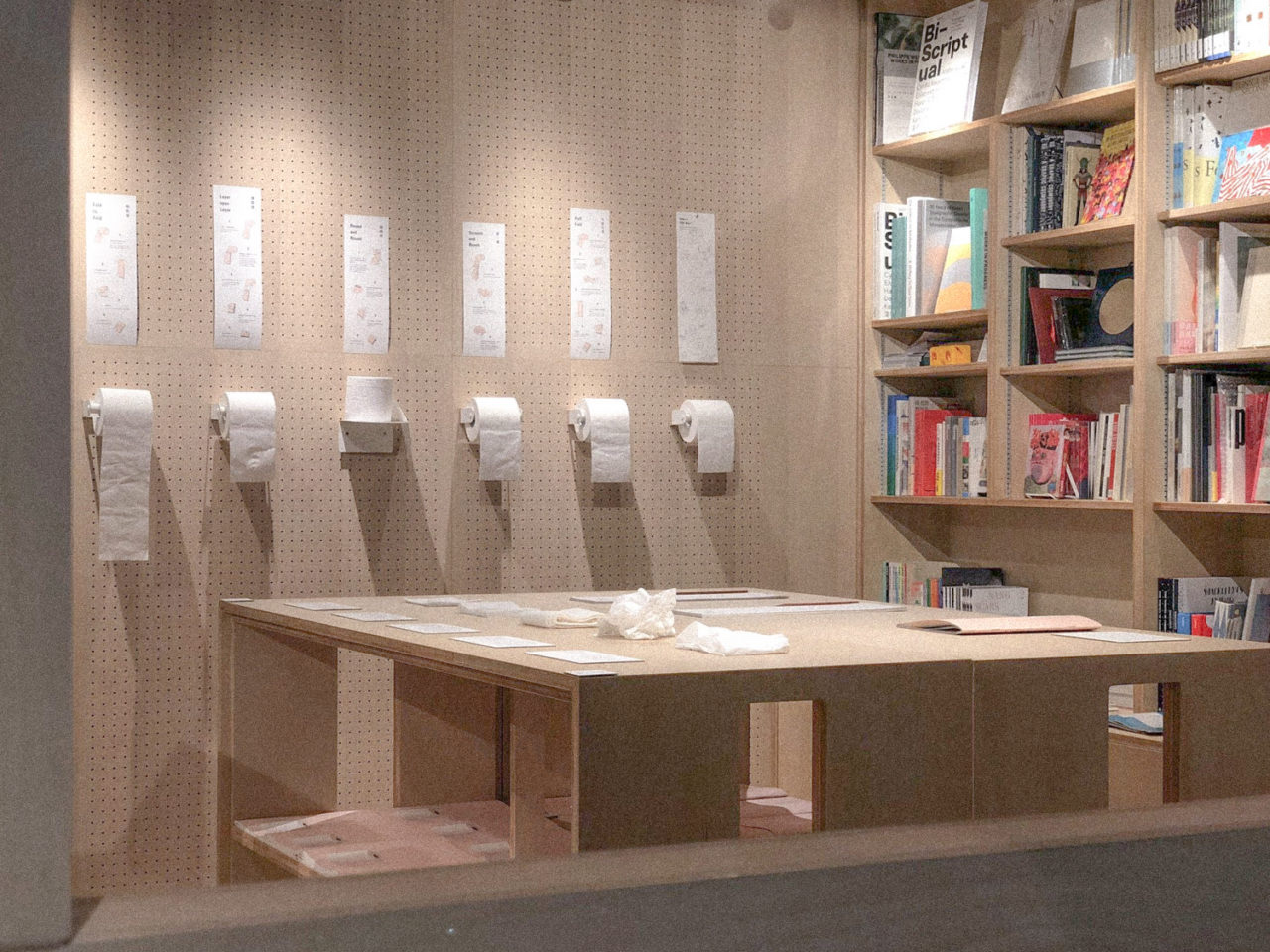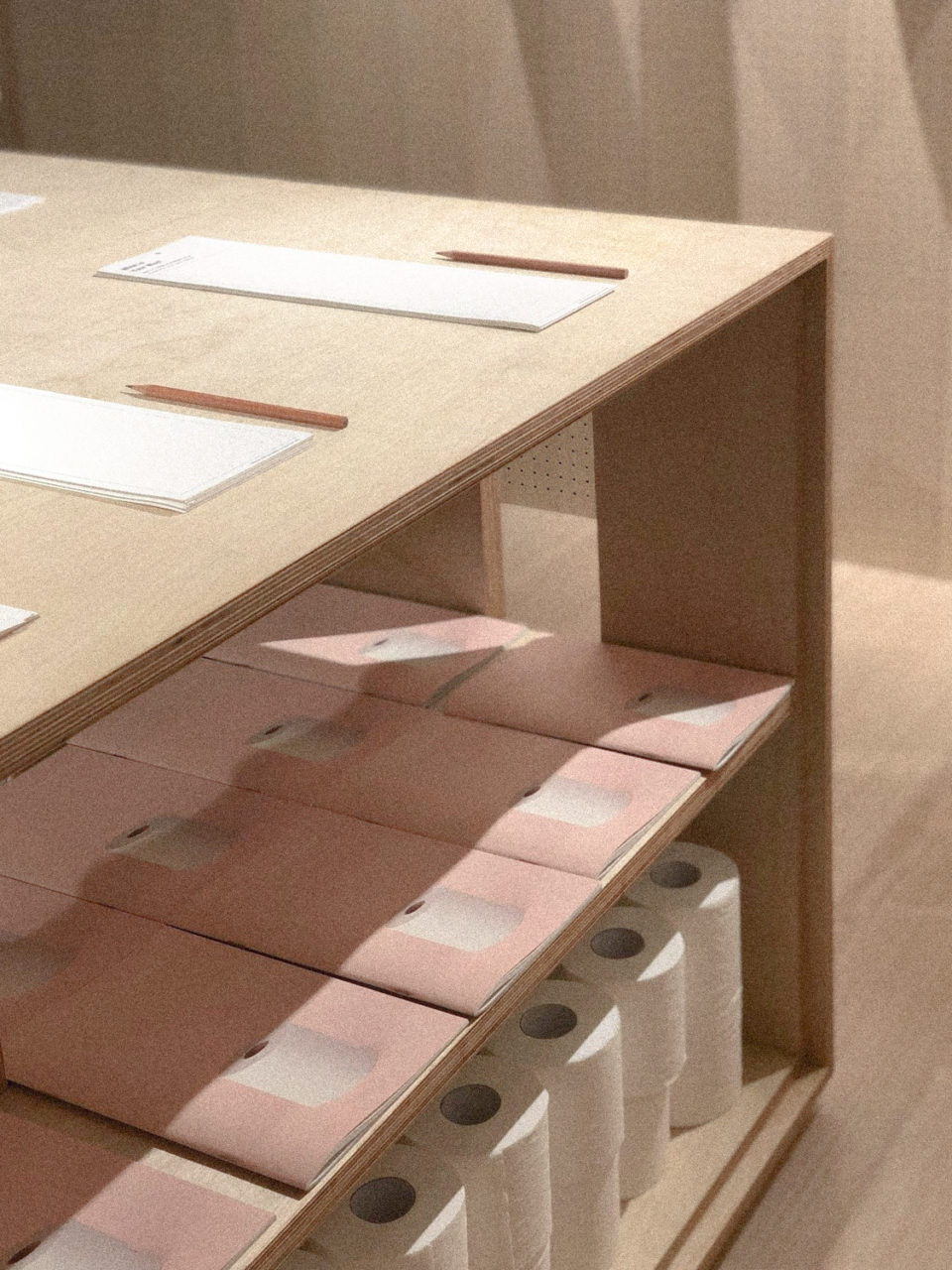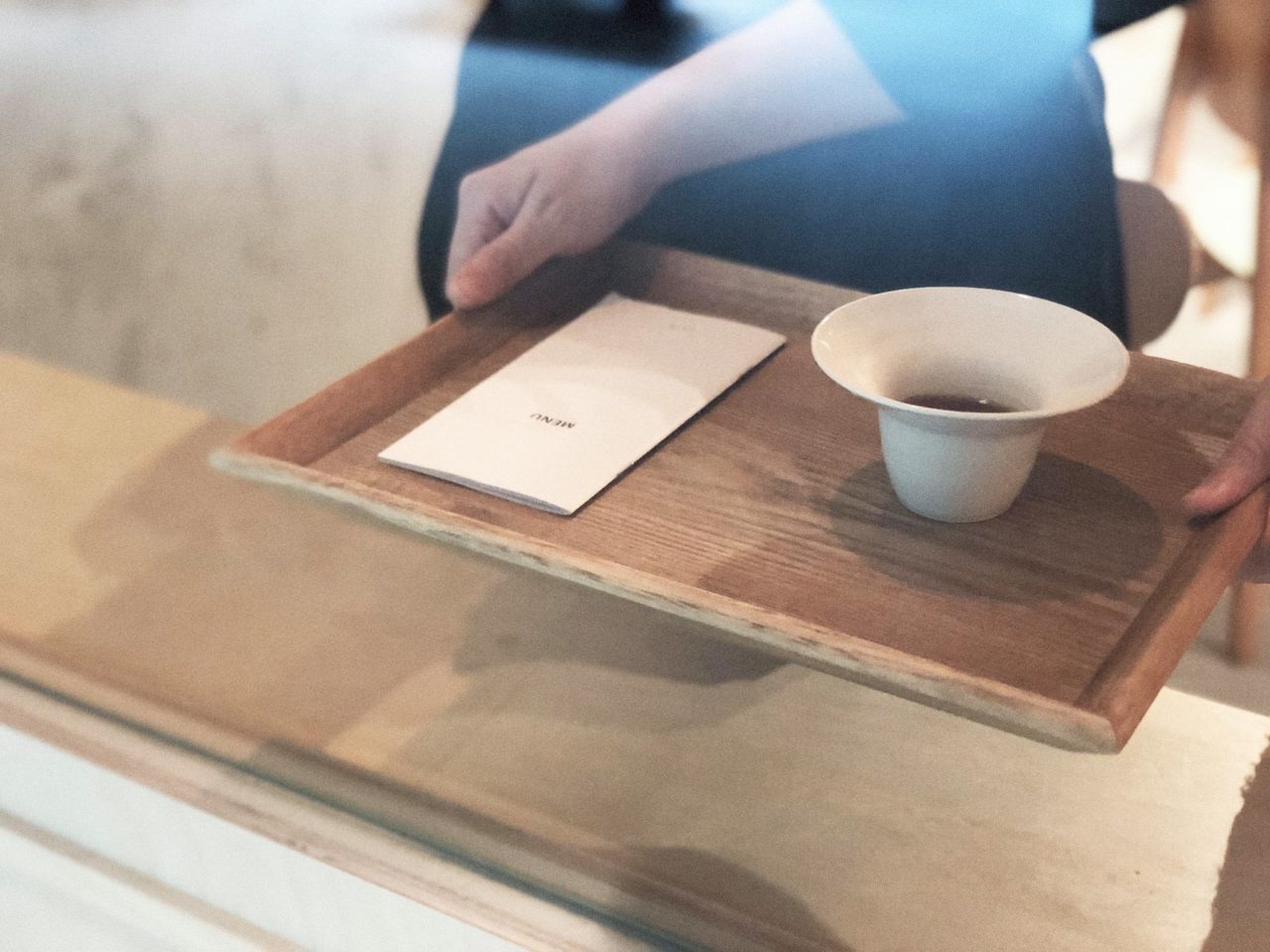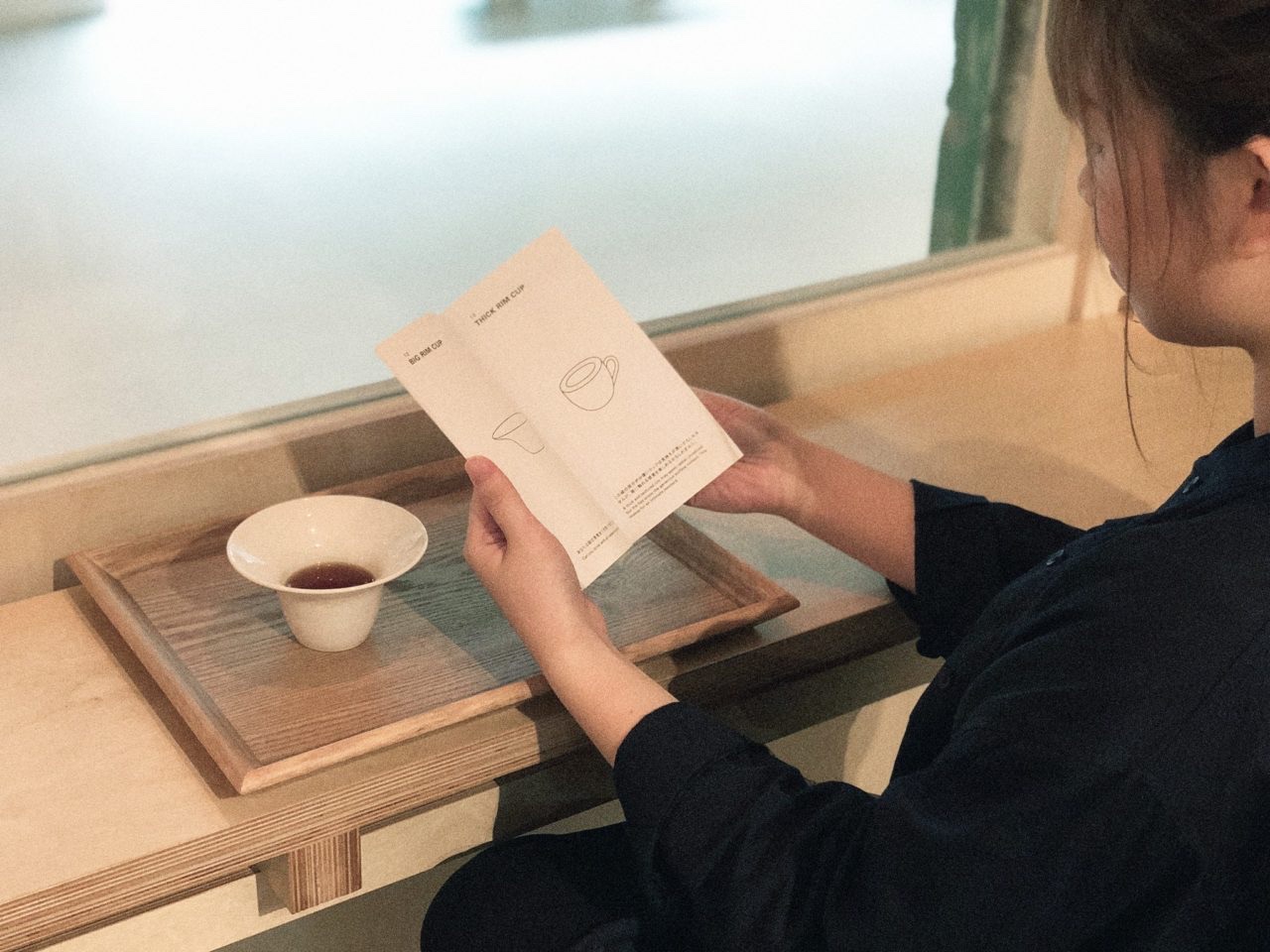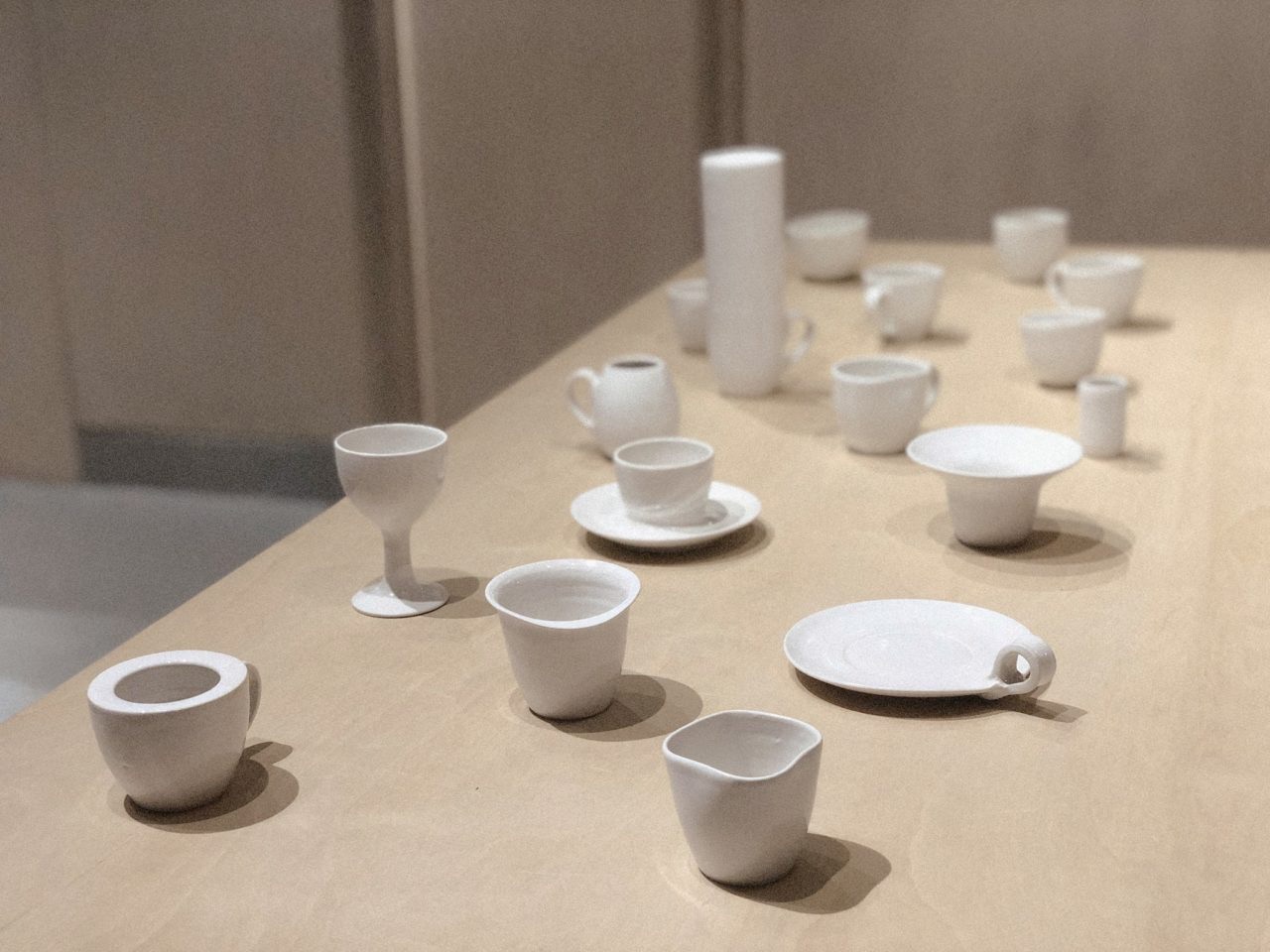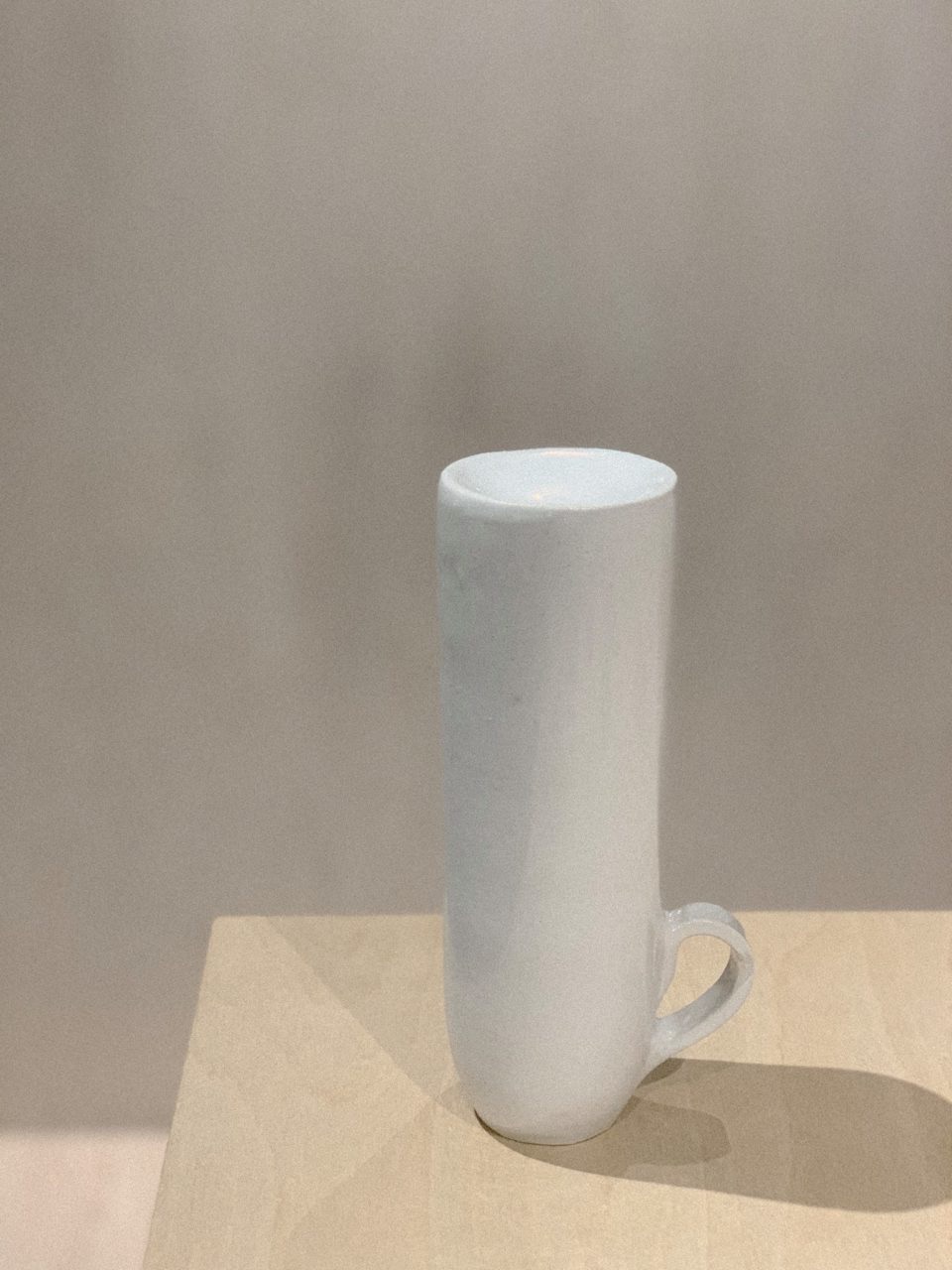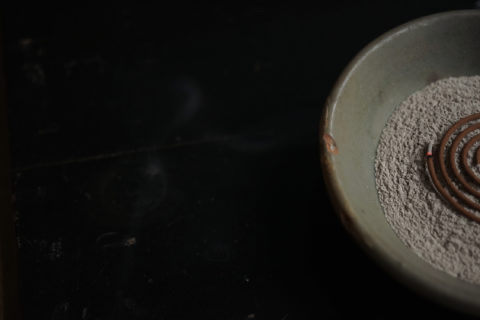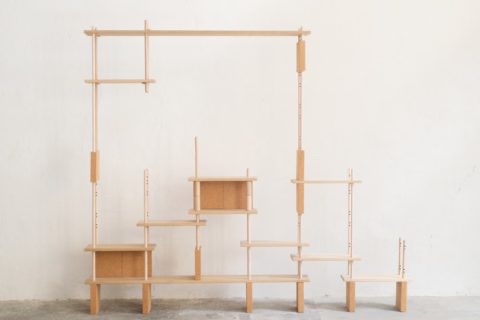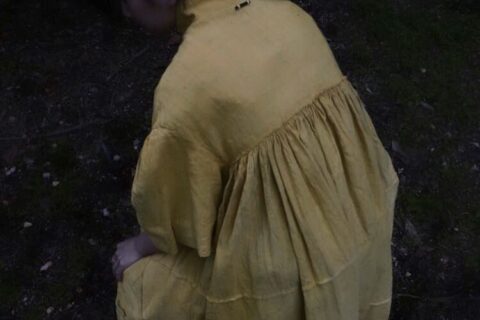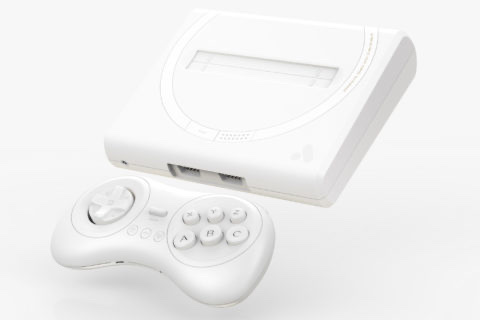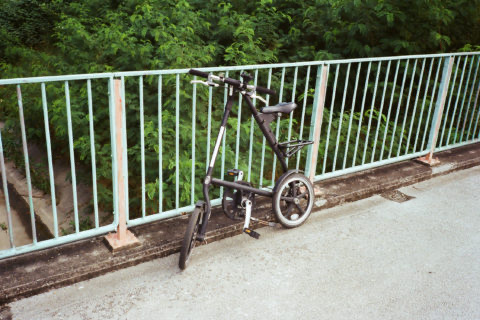回想起來,喝東西對我來說好像一直和精神狀態有關。需要專注的時候我會大口大口喝下溫熱的水,或在忙碌間的空檔,可能就半分鐘,像把憋了很長的一口氣呼出來。好像多喝一口,能量又滿一格,像一直耗不完,就能繼續上路。
有人會觀察被視為無聊的東西,但其實用心鑽研,它會變成科學的 —— 次要科學 —— 「『次要』一詞指的是在日常生活、與物件和環境的恆常接觸中,沒有被意識到的情感和狀態。」
邏輯或正常,是什麼?
Now when I think of it, the way I drink is always connected to my mental status. A big cup of warm water helps me to concentrate, especially when I need a short break on a busy day. Gulping down a full cup of water always helps to loosen me up and recharge me with all the energy I need to continue working.
Some people enjoy observing the so-called “boring” things. These things can actually become “secondary science” if one is willing to dedicate the effort to investigate. “When speaking of the term ‘secondary’, we are referring to conditions and sensations that human beings are not conscious of in their day-to-day interaction with things and the immediate surroundings.”
What is logic or the norm?
來自新加坡,Atelier HOKO的Alvin與Clara,就是往這種地方裡鑽的人,探索著人類行為藏著的隱性情感,那大概是,我們夠了解自己嗎?以此延伸出雜誌《Science of the Secondary》,從蘋果、杯子、窗户、水管、雞蛋、襪子種種極尋常之物,我們卻似對它們一無所知。每次選定雜誌主題後,二人會強迫自己發問500至1000個好奇的事,是這種好奇誘發萬千種發現,也是這樣帶來科學。
最近他們把實驗帶到香港的書店BOOK B,以最新一期有關廁紙的使用習慣:「嗯?你是如何撕廁紙的?」另外還有杯子實驗室Drinking laboratory,從十七個形態迥異的杯子裡挑一個讓你最好奇的,半小時的喝飲,重新感受這日常背後的不自覺。
The Singaporean duo Alvin and Clara from Atelier HOKO are precisely this type of people. They are particularly interested in understanding the hidden emotion that can be observed in human behavior. This is perhaps a way to explore how much we know about ourselves. Science of the Secondary is the extension of such curiosity. Usual items like apples, cups, windows, tubes, eggs, socks and other things are at the same time familiar yet strange. After finalizing the theme of the magazine issue, the two of them will force themselves to ask 500 to 1000 curious questions; which would result in countless discoveries that have a chance to induce a scientific discovery.
The duo has recently brought their experiment to the Hong Kong bookshop, BOOK B, with their new issue on the habit of using toilet paper. “How do you tear the toilet paper?” Another project of Atelier HOKO is “A drinking laboratory” that experiments with different types of cups and have the customers to choose the one that can spark the greatest interest. The cafe turns the usual coffee drinking experience into a brand new one, so as to remind them of the amusing things of the daily routine.
我們一輩子或者其實是在一個更大型的實驗室裡,只是沒留神每事每物如何走過。疲憊的時候我會想起來,在自由裡不要失去對世界好奇。意志力薄弱時就把它擱下一會兒,時間到了就回來了。
像杯子實驗室的小書裡說:「一切開始之前,我們吸吮。」「老去之後,只能以飲用取代進食。」不論之間過了多長時間,而最後只是重回本來的面貌呢。像孩子的好奇常讓我們驚詫,我們也曾有這種妙想,或許只是經過太多磨蝕與思慮。
Could we all be actually living in a massive laboratory where there are a lot of intriguing experiments going which we simply have missed them out most of the time? When feeling exhausted, I would remind myself not to lose my curiosity. We can put the curiosity aside for a while when feeling weak, but there should always be a time when we regain this precious eagerness for seeing more.
Like the booklet of “A drinking laboratory” writes, “First, we suck.” “When we are old and the teeth become weak, eating becomes mostly drinking.” No matter how long has time passed, we would always return to how we originally were. The curiosity of children is often inspiring; we may have fascinating ideas of our own but they were simply overshadowed by the concerns and numbness of a typical grown-up.
